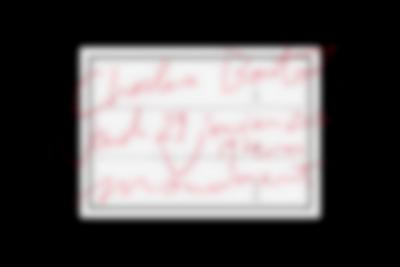Monument
30–31.01.2015
MONUMENT n. Latin monumentum. 1. A statue, building, or other structure erected to commemorate a famous person or notable event. A memorial, e.g., triumphal arch, column, trophy, etc. Monument to the dead, erected in memory of the dead from the same community, or victims of the same catastrophe. 2. A structure or stone erected, or pile of stones, which have a religious or symbolic value. 3. A structure that is remarkable for its archeological, historical, or aesthetic interest. 4. A work that is imposing, vast, likely to last. 5. A monument of… i.e., a person or thing remarkable for the intensity of…
Men sooner forget the death of their father than the loss of their patrimony. 1
Each word, each scrap of writing, each act, each work, each utterance is a legacy left to society. This history is given to us, imposed on us, embarrasses us at times. It grabs us, absorbs us, continues to unwind without our looking at it. Some seize on its crucial points, interpret, transform and spread them, raising stiff rock-hard columns that contradict the liquid state of facts and things. In the face of these crushing structures, symptoms of the erectile convulsions that send tremors through the powerful, it is possible and necessary to create other monuments, fashioned through urgency, shortage, energy, despair, contradiction.
References
- Niccolò Machiavelli, The Prince. ↩













